Swiss curb EU immigration
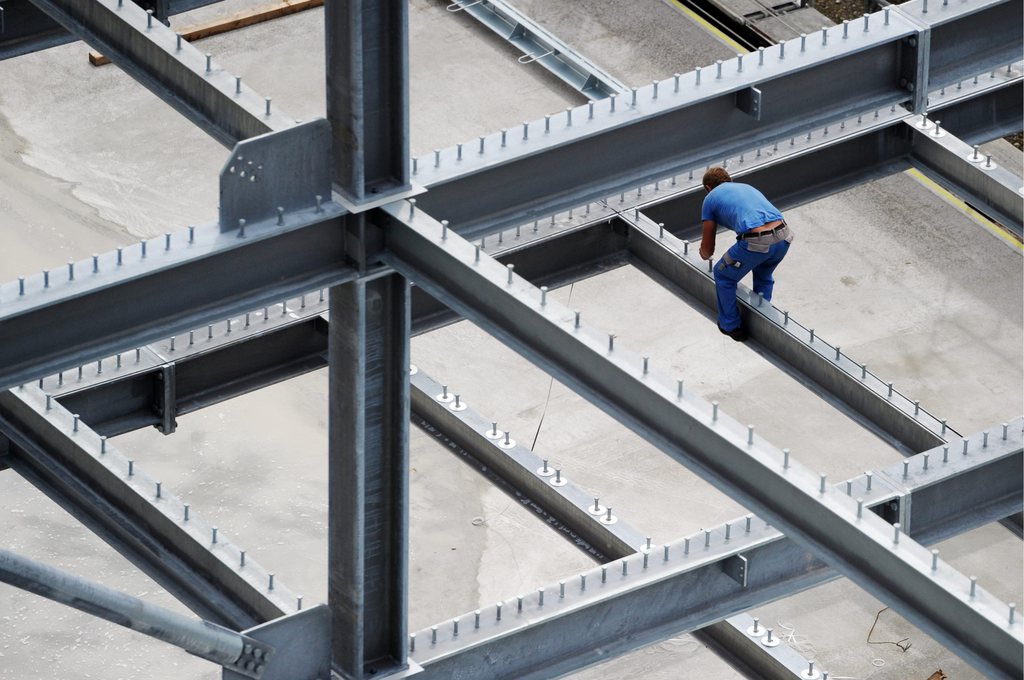
The government has decided to tighten measures against increasing immigration from the European Union. The move has prompted mixed reaction in Switzerland and scepticism among the 27-nation bloc.
The cabinet on Wednesday extended immigration quotas, introduced against eight mainly eastern European states a year ago, for another 12 months. It also wants to apply the same measures against the so-called EU-17 states, including Germany, France, Italy, Spain and Britain.
As a result of Wednesday’s decision, the number of type B permits issued to people from the EU-17 nations will be capped at 53,700 over the next 12 months. B permits grant foreign nationals residence status for five years.
The type B permit quotas for EU-8 nationals – including Poland, the Czech Republic, Slovakia, Hungary, and the Baltic Republics – will remain limited at about 2,180 until May 2014.
Justice Minister Simonetta Sommaruga said the move was not an unfriendly act against Switzerland’s main trading partner but could be seen as one element among others to limit immigration.
“The cabinet is still fully committed to the free movement of people accord,” she assured. Not a member of the EU, Switzerland in 1999 agreed to a series of bilateral accords with Brussels. They were confirmed in several nationwide votes over the past decade.
“The EU remains an important partner for us. We have been and will remain friends,” Sommaruga said.
She stressed that under the terms of a 1999 accord, Switzerland has the right to invoke the “safeguard clause” which caps immigration for a limited period.
The move comes amid tensions over future ties between Switzerland and the EU.
Switzerland is not a member of the EU, but it concluded more than 200 bilateral accords with the 27-nation bloc.
The 1999 free movement of people accord came into force in 2002 and was gradually extended to new EU members, mostly in eastern Europe.
Swiss voters will also have the final say on extending the accord to Croatia, which is due to join the EU in June.
More than 1.2 million people from EU states currently live in Switzerland.
No cure-all
However, the cabinet is convinced that quotas only have a moderate impact and cannot stop people coming to Switzerland in search of a better life, according to Sommaruga.
“Invoking the special clause does not solve the problems of the future. Quotas are just one possibility,” she said. “Nonetheless, the measures have a certain impact and are a political signal: our labour market cannot offer unrestricted access.”
The government is considering a series of political measures to tackle labour issues, including making family and jobs more compatible for Swiss residents, combating abuses on the labour market and tightening controls.
Sommaruga appealed to the cantonal authorities, the employers and unions to step up joint efforts. At the same time, she stressed the need for more international cooperation to steer the poverty-driven immigration flow and tackle the issue of the increasing gap between rich and poor in Europe.
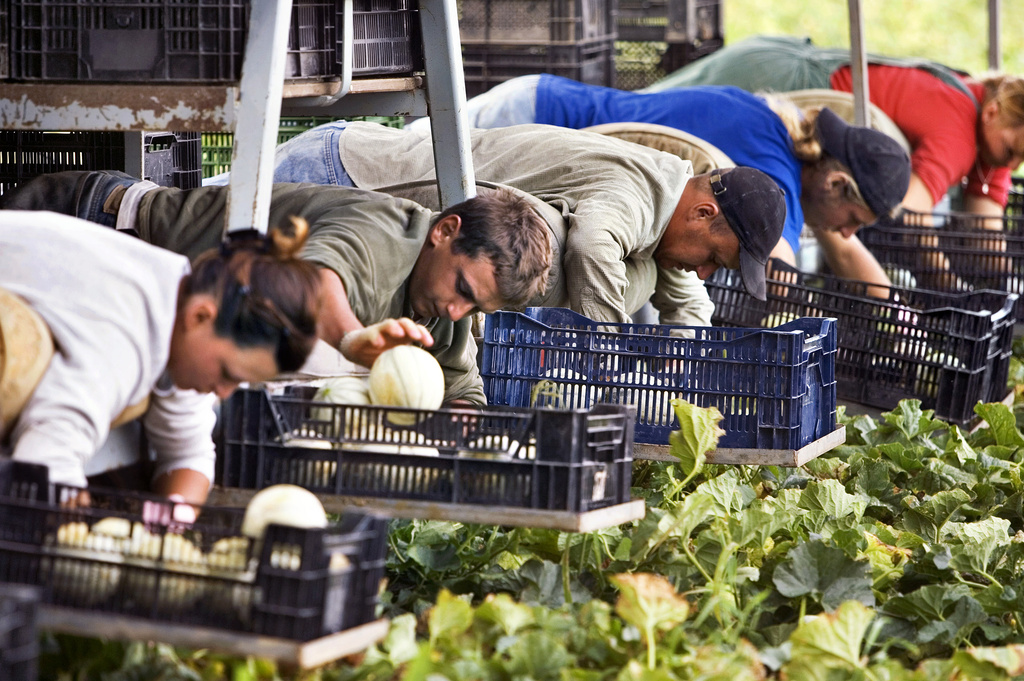
More
Foreigners in Switzerland
Domestic pressure?
Sommaruga added the government was taking seriously concerns in the population about the impact of immigration on the Swiss labour market, its social security system, housing and the country’s infrastructure.
Over the past few years, the number of foreigners arriving in Switzerland to work has been up to 80,000 higher each year than the number leaving, according to official figures.
Two separate immigration initiatives by the rightwing Swiss People’s Party and environmentalists are due to come to a nationwide vote in the next few years.
However, Sommaruga rejected allegations the government was acting under political pressure.
“Domestic and foreign policy as well as economic considerations have played a part in the government decision,” she repeatedly pointed out.
Sommaruga remained rather vague about the exact reasons why the cabinet decided not to include immigrants with type L short-term permits in the restrictions – see the infobox for more information.
Type B permits grant residence for foreign nationals for a longer period of time for a certain purpose with or without gainful employment.
The short-term L-permit is for people from EU and Efta member states with a contract of employment of up to 12 months.
The quota of L-permits for EU-8 citizens that should trigger the safeguard clause will be used up by the end of the month. However as this has not been the case for the rest of the EU member states, the cabinet has decided not to restrict these permits for the time being.
Under a key labour accord between Switzerland and Brussels, nationals from the 27-nation bloc are in principle entitled to live and work where they choose. It came into force for the first 17 member states in 2002 and was extended in two stages to include an additional ten states.
Range of reactions
In preliminary reactions, European Union officials expressed doubts about the Swiss decision.
“The measures disregard the great benefits that the free movement of persons brings to the citizens of both Switzerland and the EU,” said EU Foreign Policy Chief Catherine Ashton in a statement.
Martin Schulz, president of the European parliament, told the Swiss News Agency the latest immigration statistics did not justify the restrictions imposed by the government. He also described the measures as symbolic.
In Switzerland, reaction was mixed. The rightwing Swiss People’s Party said the restrictions were not efficient enough, while the centrist Christian Democrats and the Radicals welcomed them as consistent and credible.
The business community said the measures would not solve the real problems of immigration, and the political centre-left expressed disappointment.
The Social Democrats said the decision was seeking to “sedate” the people. Together with the Trade Union Federation and the Greens, they called for more efficient measures to combat low salary levels and a shortage of housing.

In compliance with the JTI standards
More: SWI swissinfo.ch certified by the Journalism Trust Initiative










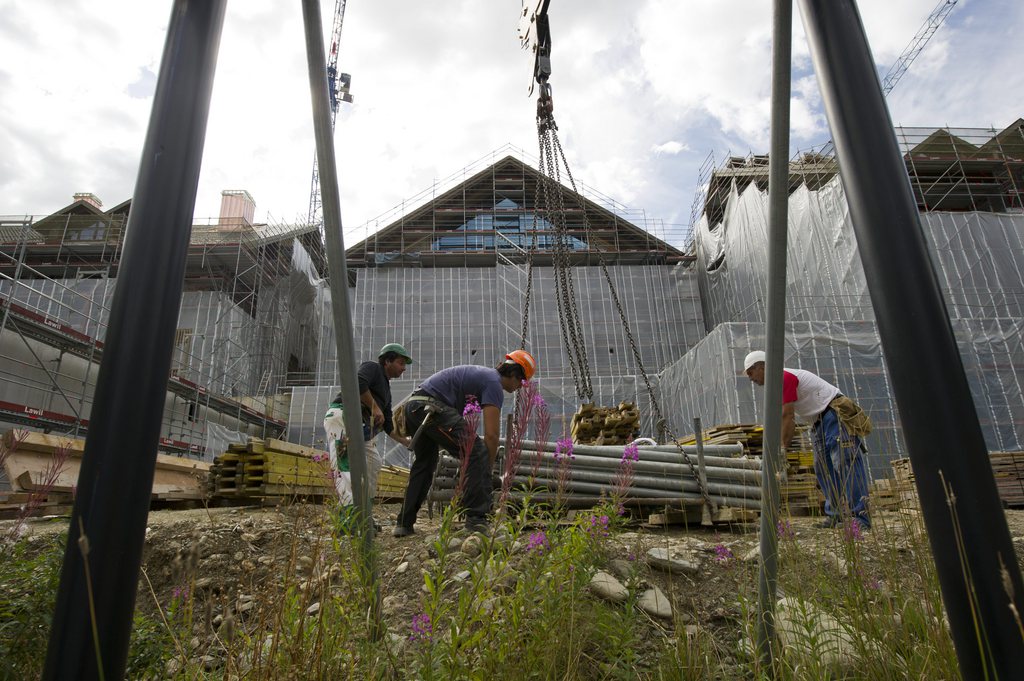
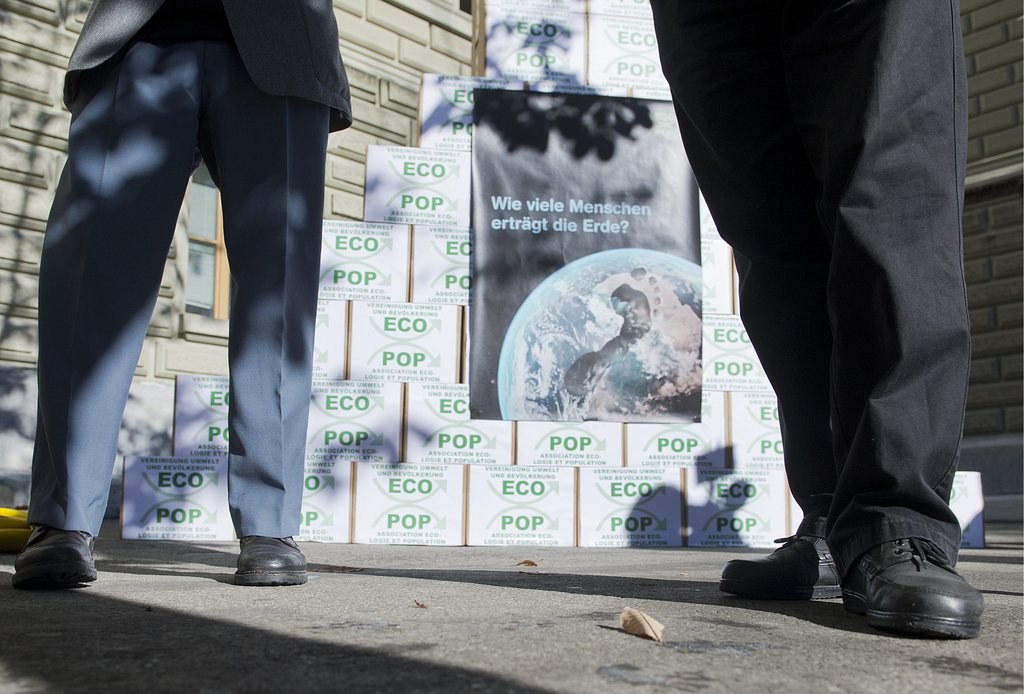
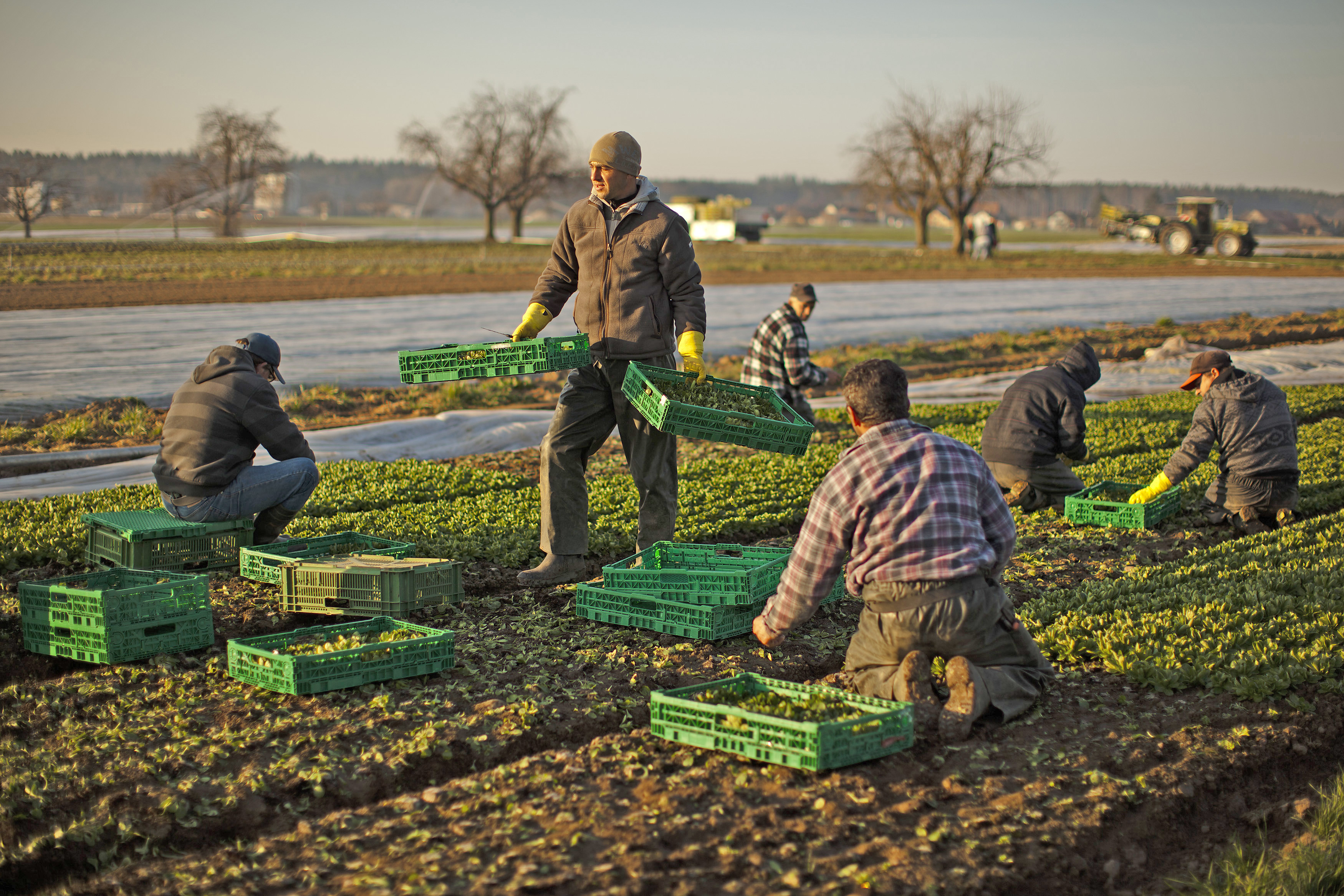
You can find an overview of ongoing debates with our journalists here . Please join us!
If you want to start a conversation about a topic raised in this article or want to report factual errors, email us at english@swissinfo.ch.